How to make a great RPG character | PC Gamer - lesperancebaboyes
How to score a great RPG character
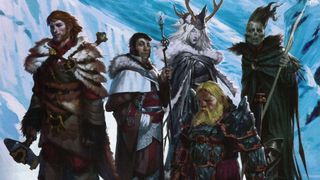
Whether you're post new to the world of handed-down RPGs Oregon a write out-and-paper oldtimer, knowing how to make a nifty RPG character is a valuable skill, and one that doesn't come easy. Sitting downwardly to make something from nothing can be daunting, especially when you aren't sure where to start and in theory you can be literally anyone in an RPG. These are some of the tips, tricks, and guidelines I use in my own games to narrow down the options.
Everyone's creative swear out is different, but what I find most helpful is to start past trying to pick a singular conception. Keep your ideas short and simple—I shoot for a single descriptive prison term each—and don't limit yourself to determination the perfect one. Instead, every time you come up with nonpareil, jot it down. The goal here is to get a body of ideas to draw from (or to combine!) Eastern Samoa you X through the process and not grind to a halt connected finding unmatchable silver-bullet ideal idea. Here are some examples:
- A bumbling Thomas Young spellcaster World Health Organization lacks confidence and mixes sprouted their spells.
- The only child of a miserly moneychanger who wants to escape, travel the populace, and see the ocean.
- The former leader of a street gang sets out to turn over a new leaf on a bigger stage.
These basic concepts volition give you something to spin off from as you develop your background further. Mayhap that gawky preteen spellcaster accidentally turned their master into a cat, and perhaps the child World Health Organization escaped their moneychanger parent stole the funds to pay for their new life-time and has to put off mercenaries hired to retrieve them.
Top-down vs. bottom-up creation
There are ii disparate schools of thought about making memorable RPG characters. The first is that you look through the rules, the classes and races etcetera when it comes to the ubiquitous D&D, or similar choices in other systems. Find ones that speak to you, operating theatre appear corresponding they'd be fun to play. Choose a class, or playbook, or pilot, and utilize that every bit a foundation to build on as you think things like personality and history. Why did they postulate up the sword, join the honorary society to be a space marine, OR bug out slinging spells?
In the 2d doctrine, you alternatively lead off with a background and work from in that location. Answer questions about where your character is from, who they developed into from childhood, and what path they ended up on. Did they come from lowborn beginnings, triumph over adversity, or escape a tiresome life of privilege? Once you have a serious sensory faculty of who someone is and where they began, you can recollect about whether they sling spells, pilot starships, operating theatre stalk the wilderness with a trusty companion.
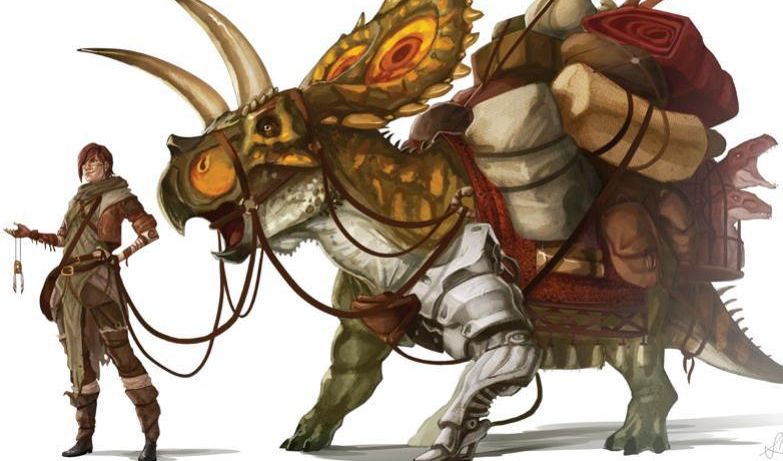
If neither approach speaks to you, consider pick a absent skill gap in your party. What kind of theatrical role is cipher else playing, and how can you ready that appeal to you?
Collaboration is key
A good character for unrivalled setting operating room player mathematical group can be a bad persona in one where they're inappropriate. Zero weigh how cool the brooding mischievous boy seems, he'll be malapropos in the blithe romp everyone else wants to play. The best-laid plans can be the last-timed plans if they don't check what everyone wants, so stop: collaborate, and hear.
Present your ideas to the other players to check them against the tone of the brave, the setting, and the trend of game everyone wants. Learn how long-term the game is expected to last piece you'atomic number 75 at it—a short drive won't have time for a novel-length backstory to be uncovered, or a complicated bow of physical outgrowth to play out.
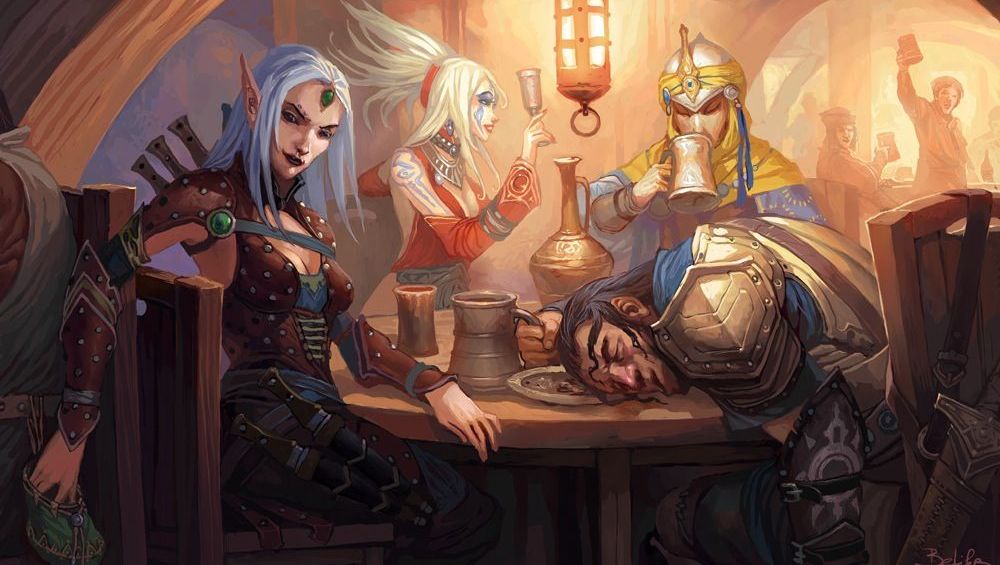
It's better to do this early before you invest a lot of time in a character. Talk earnestly about what you want from the game, and listen to everyone other so you can find congealed middle ground to compromise on. This is besides a groovy opportunity to connect your character to others—perhaps they're old friends, or went to school together—to give yourself a in order-made thing to play nigh.
Steal traits, not people
First-fourth dimension roleplayers tend to latch onto famous and asymptomatic-known characters and pattern their own after them. This is a good terminus a quo, merely the adjacent step is to bust those characters down to the traits they're made of. Think about a character you erotic love operating theatre admire and pull out the stuff that makes them appealing to you. Take Han Solo for instance: if it's his irrepressible attitude and disrespect for bureau you love, use those traits in your character instead of round-shouldered to obvious, surface-level apery. Make a fiber who is like their stirring, rather than recreating the divine guidance.
Questions to ask
A useful tool in fleshing out a character concept is a serial of questions you respond as your character. Sometimes you'll immediately have an answer to the question at hired hand, and other times they'll inspire you to MBD elements to your concept until you arrange. At that place are lots of resources out there with example questions, and they may eve be in the rulebook, but here are few I really like:
- What does a perfect world look like to them?
- What is their greatest fear?
- What did they dream about being when they grew up?
- What uncool habits are they trying to overcome?
- What was their bravest moment?
- What is their biggest regret, and does it still incommode them?
- World Health Organization is family to them, and why?
- What ideals would they fight for? Are there any they would die for? Kill for?
- How doh they usually dress? Practise they stimulate a style operating theater lack thereof?
- What rewards motivate them?
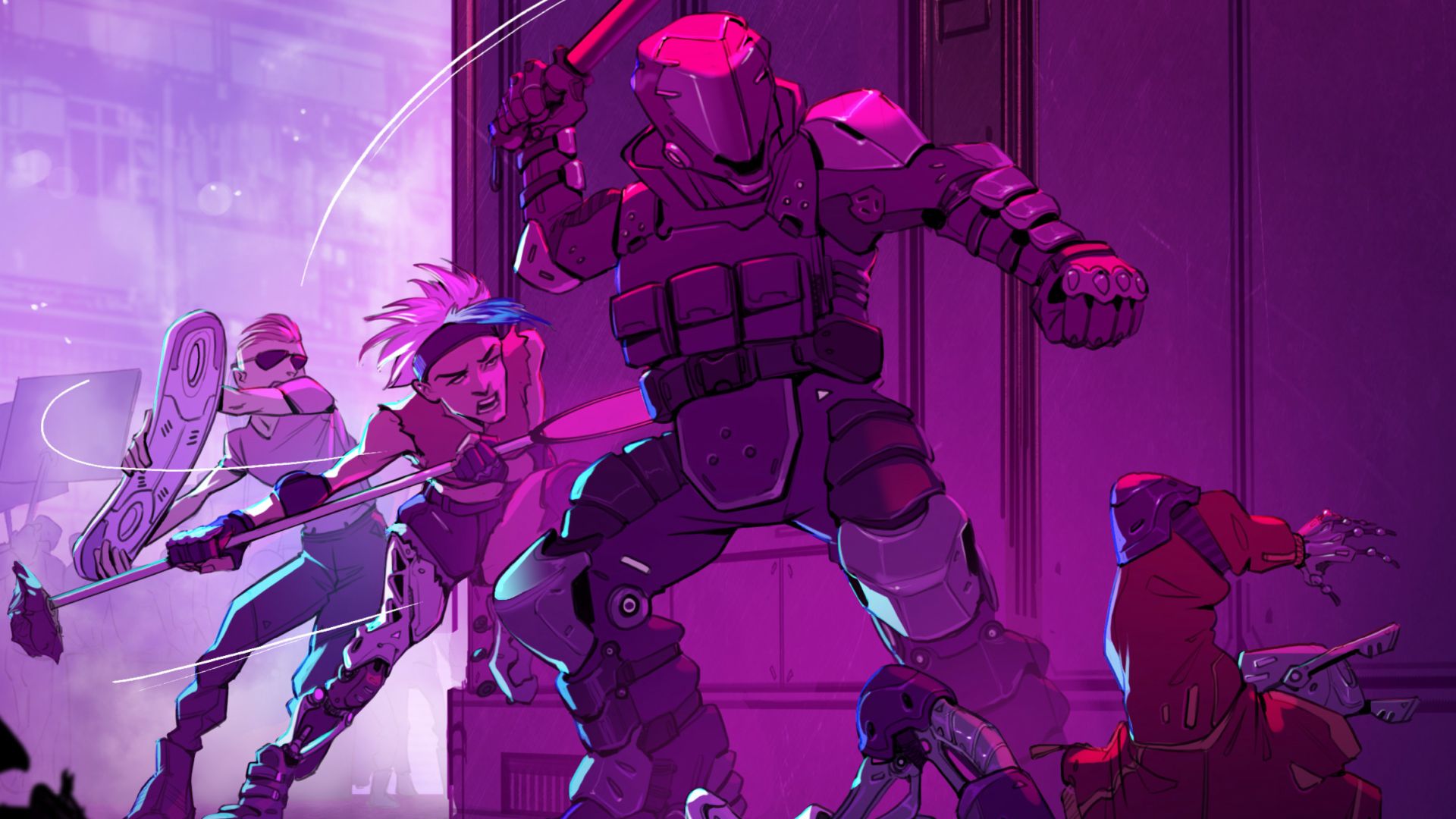
Ground your quality with small things
IT may seem silly, but consider little quirks of behavior, habits OR routines that they have, hobbies to keep them diligent, and bad habits that harass them. You ne'er wish these to repeat a fictional character completely—or to annoy the relief of the table—but they ass be the spice in an excellent repast, and bring your character back to earth to feel equal something that could exist in the real world.
A character who is obsessed with mapmaking, loves to whittle belittled toys out of wood, or is always snacking on something becomes a more memorable one and gives you something to regress on when you can't think of how they'd respond to a state of affairs.
How to maculation a poor type and common pitfalls
Thither are whatever extremely common tropes and traits in fabrication that don't work as well in a roleplaying bet on, or are rattling hard to portray well. In undiversified, I advise against the following:
Playing the loner OR strong silent type. Many another antiheroes in fiction head off working with others and even speaking to them. But in a roleplaying game you're denying yourself from being part of the conversation and connection that drives superior and unforgettable roleplay.
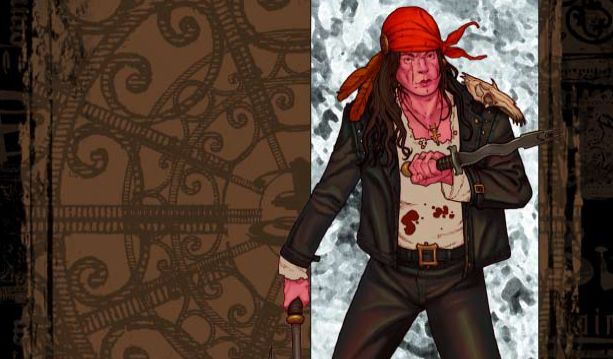
The mismatch. A pacifist in a radical of mercenary adventurers, a cynical and selfish type in a mathematical group of devoted heroes, or a goofy and wacky character in a good game. It's important to make a point that your character's personality and goals aren't totally at cross purposes to the tone of the game and goals of the aggroup.
Coming up with a name
Some games receive random name tables or lists of suggestions, which should guarantee something appropriate for the time period or world. Otherwise, you can adopt a cool name from a real or fictional person As long arsenic information technology's not to a fault self-explanatory. And importantly, say information technology out loud. Brennan Lee Mulligan of Proportion 20 once named a character Falas, which seemed fine on paper, and so at the table everyone irrupt laughing because his name measured like Phallus.
Beginning at the end of your character's journey. It's tempting when creating a case to compeer into the superficial glass at World Health Organization you want them to become. Creating grizzled old stager characters who have seen it all operating theater are masters of their craft tin lead to finite opportunities for growth, or experiencing a journeying as a character. Farewell room for change and encyclopaedism in their future.
Playing to gain. My excellent mentor Mark C. Hill once told me, "Play to lose. Spindly into the challenges and dangers instead of avoiding them. What's the charge of a mystic nobody ever so learns, or a impuissance that doesn't come up? You're robbing yourself and those around you of the dramatic roleplay you can achieve when you squeeze that the experience is the way to win."
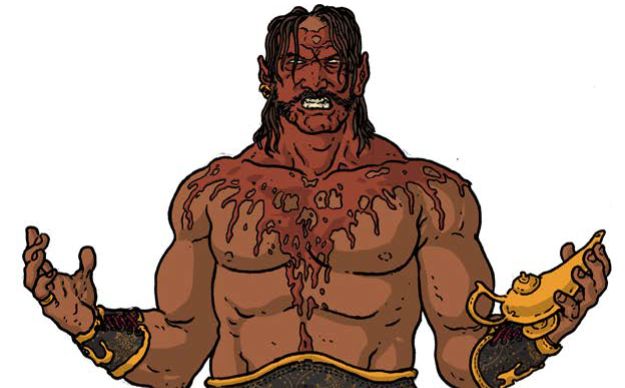
Further resources
These are few of my favorite links along developing good characters:
- Inspiration through art on Pinterest or Google image hunting can make up just the lever you need to go on your concept forward.
- Constitute generators are an valuable tool when you're cragfast.
- Taking personality tests as your character concept asset personality generators can be a great way to find traits you like operating theatre discover more about them.
Source: https://www.pcgamer.com/how-to-make-a-great-rpg-character/
Posted by: lesperancebaboyes.blogspot.com


0 Response to "How to make a great RPG character | PC Gamer - lesperancebaboyes"
Post a Comment